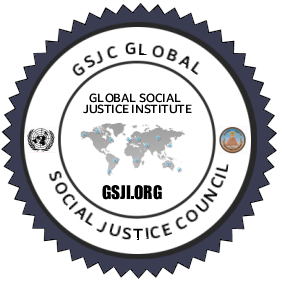GLOBAL SOCIAL JUSTICE INSTITUTE
In a legitimate and declared state of emergency, States can take measures which limit or suspend (or “derogate” from) the enjoyment of certain rights. Such derogations are permitted only to the extent necessary for the situation and may never involve discrimination based on race, colour, sex, language, religion or social origin. Any derogation must be reported to the Secretary- General of the United Nations. However, in accordance with article 4, para- graph 3 of the International Covenant on Civil and Political Rights (ICCPR), certain human rights – non-derogable rights – may never be suspended or restricted even in situations of war and armed conflict. These include the right to life, freedom from torture, freedom from enslavement or servitude and freedom of thought, conscience and religion. In addition, in times of armed conflict where humanitarian law applies, human rights law continues to afford protection.
| ||
Virus Justice Italian Freedom Day J23 History of Racism Book-HR Join Commission Ethics Badges Site Map Education Policy Agenda Top Social Justice Issues Anti Slavery Book Truth and Justice Commission USA Ethnic Justice Truth and Justice Commission * Anti Slavery Society - Election Intrigrity George Mentz Colorado Springs Coronavirus Biden Fault Negligence |
Accreditation Bodies: www.GAFM.com * www.GAFM.org * www.CertifiedProjectManager.eu * www.AAFM.org * Certified Project Manager * Certified e-Commerce Consultant * Royal Law Society * Royal Business Society * Royal Business College * Royal Fellows * Royal Economics Academy * Oxford Law School * AAFM * Certified International Project Manager *

